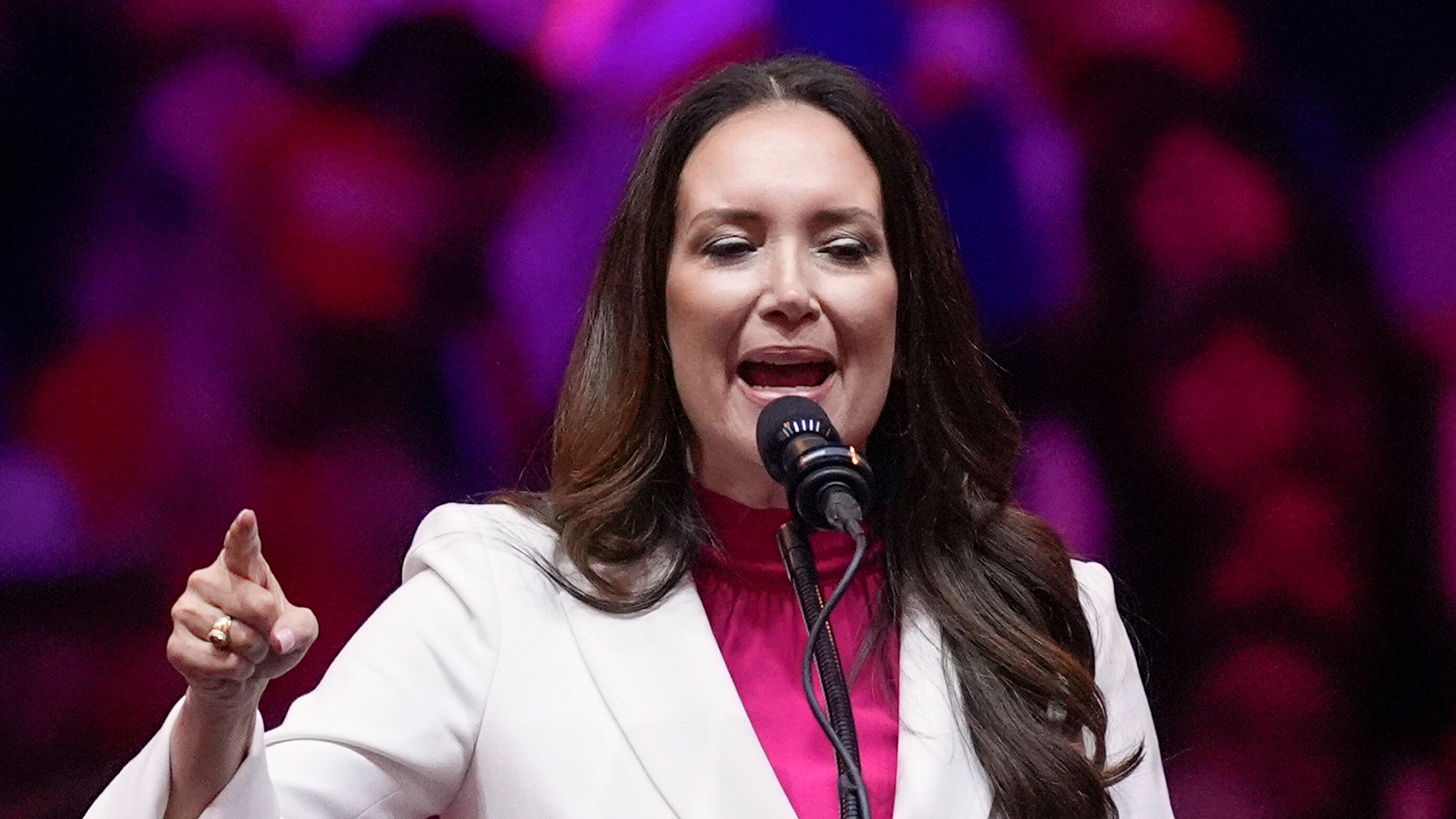The virtual president-elect Donald Trump announced on Saturday that he will nominate former White House collaborator Brooke Rollins as his Secretary of Agriculture, thus completing the appointments to take the reins of the state agencies with people from his circle of advisors and allies.
The nomination must be ratified by the Senate, which will be controlled by Republicans once Trump assumes office on January 20, 2025. Rollins would take the place of the current Secretary of Agriculture Tom Vilsack, who heads the extensive agency responsible for overseeing policies, regulations, and assistance programs related to agriculture, forestry, livestock, food quality, and nutrition.
PUBLICIDAD
Rollins, a lawyer who graduated from Texas A&M University with a degree in agricultural development, has been a close collaborator of Trump for some time and served as his former national policy advisor. The 52-year-old official is the president and CEO of the America First Policy Institute, a group that is working to lay the groundwork for Trump's second term. She previously served as an aide to former Texas Governor Rick Perry, and led the Texas Public Policy Foundation, a think tank. Additionally, she worked as a criminal defense attorney in Dallas and was a clerk for a federal court in the Northern District of Texas after graduating from the University of Texas law school.
Rollins' selection completes the appointment of the heads of the executive branch secretaries, just two and a half weeks after Trump won the election. Several cabinet-level appointments are still pending, such as the United States Trade Representative and the director of the United States Small Business Administration (SBA).
During an appearance on the Christian program "Family Talk" earlier this year, Rollins pointed out that Trump was an "incredible boss" and confessed that in 2015 - during his first presidential campaign - he thought he wouldn't be able to stay in the race for the Republican Party's presidential nomination.
"I was the first one to say, 'Oh, Donald Trump won't last more than two or three weeks in the Republican primaries. This is just to boost the ratings of his TV show. And then everything will go back to normal,'" she declared. "A couple of years later, I am in charge of his national policy agenda."
Trump did not offer many details about his agricultural policies during the campaign, but farmers could be affected if he fulfills his promise to impose a wide range of tariffs. During his first term, countries like China retaliated against Trump's tariffs by implementing their own levies on U.S. exports such as corn and soybeans that are commonly sold overseas. Trump countered the impact of the measure by offering a multimillion-dollar aid package to farmers to help them cope with the trade war.
President Abraham Lincoln founded the United States Department of Agriculture (USDA) in 1862, when approximately half of all Americans lived on farms. The USDA oversees multiple support programs for farmers; animal and plant health; and the safety of meat, poultry, and eggs that sustain the nation's food supply. Its federal nutrition programs provide food to low-income individuals, pregnant women, and young children. Additionally, the USDA sets standards for school meals.
Robert F. Kennedy Jr., nominated by Trump to lead the Department of Health and Human Services (HHS), has promised to eliminate ultra-processed foods from school lunches and to stop allowing beneficiaries of the Supplemental Nutrition Assistance Program to use food stamps to buy sodas, sweets, or other types of junk food. However, it would be the USDA, and not the HHS, the agency responsible for implementing those changes.
In addition, HHS and USDA will work together to finalize the 2025-2030 edition of the Dietary Guidelines for Americans, which are scheduled to be published by the end of next year and will contain guidance for healthy diets and standards for federal nutrition programs.
